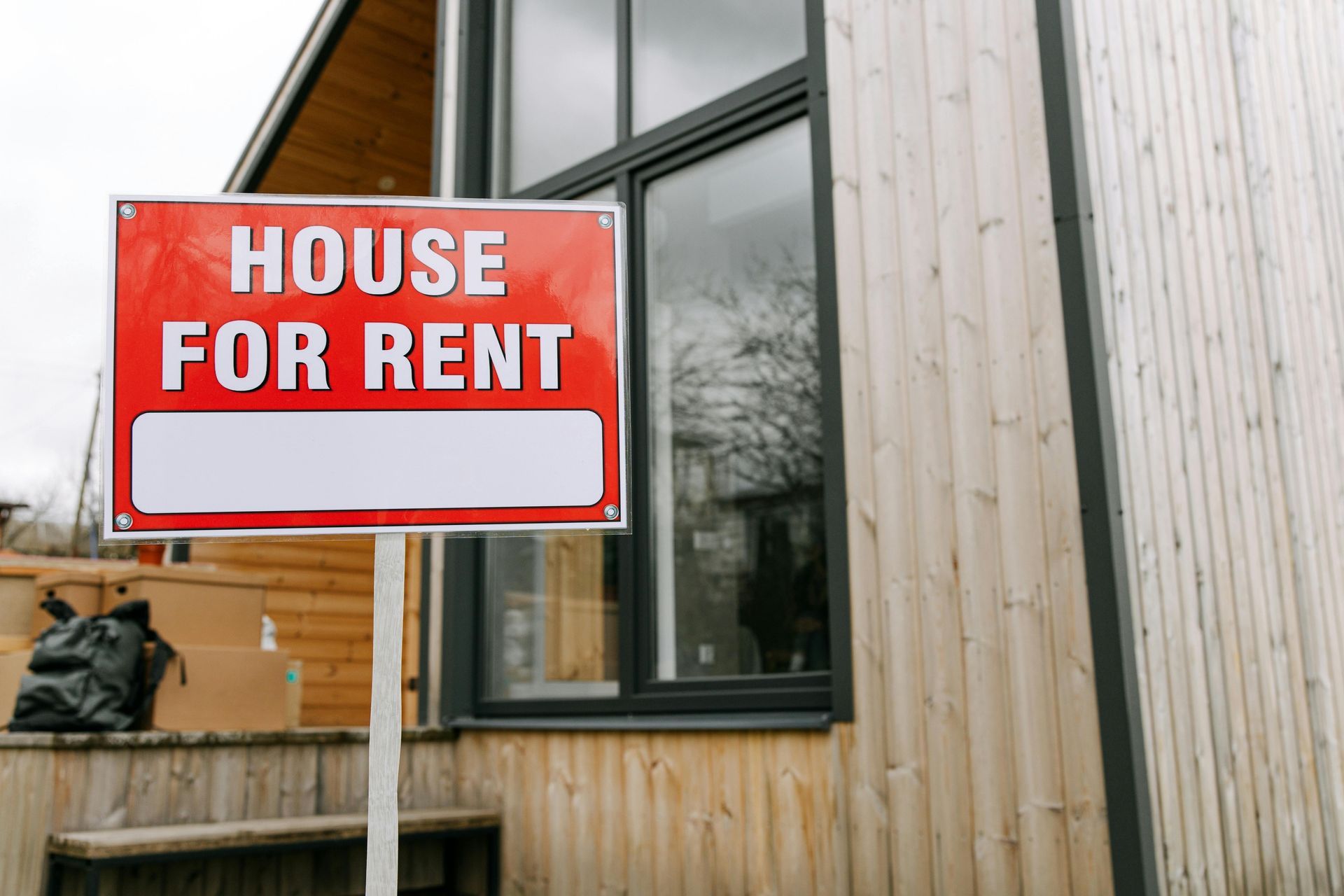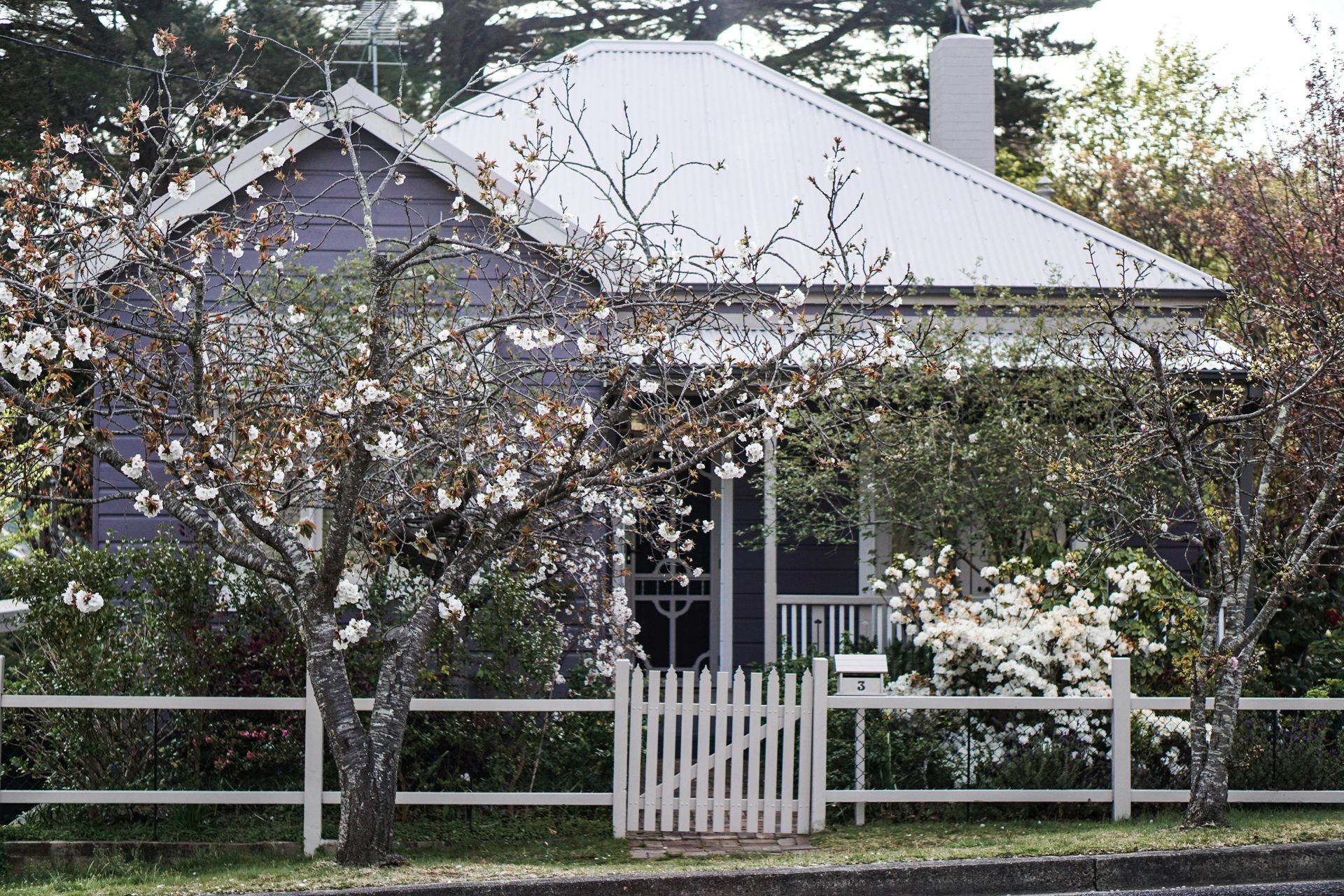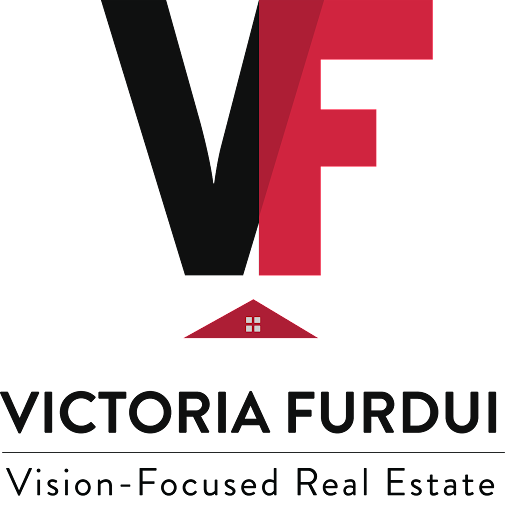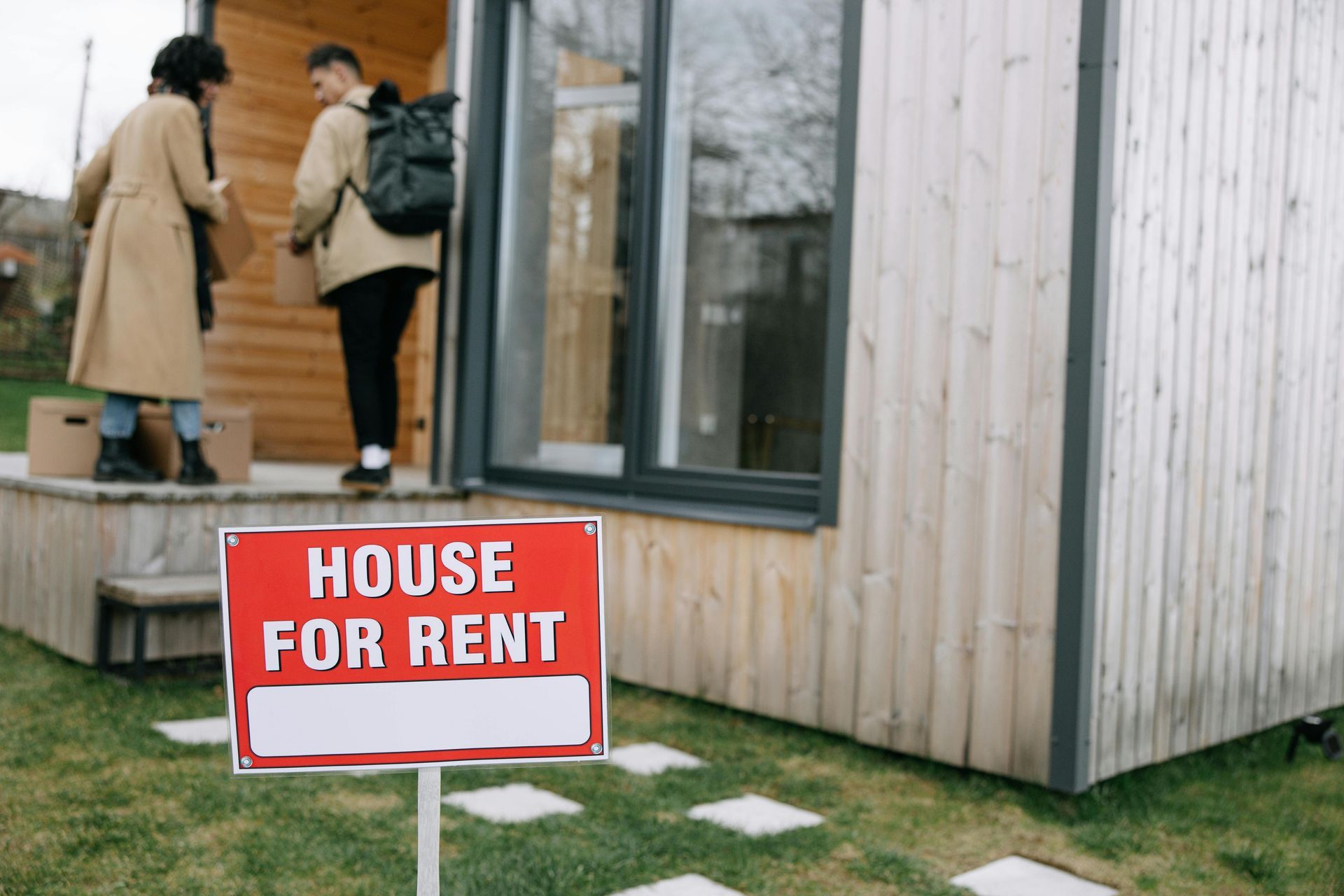Student Rentals vs. Student Investments
Victoria Furdui • September 26, 2024
Student Rentals

This refers to the process where a student (or their family) rents a property for the duration of their education. Here, the student acts as a tenant, and the property owner is responsible for maintenance, rent collection, and compliance with landlord-tenant laws.
Key Features:
Renter Status: Students sign a lease for a set period (often one academic year), and pay monthly rent to live in the property.
No Long-term Asset: The student does not own the property or gain any equity from paying rent.
Landlord's Responsibility: The landlord handles repairs, maintenance, and utility management.
Flexibility: Renting allows students to move easily once their studies end or if they change schools.
Costs: Rent is a sunk cost with no return on investment for the tenant.
Student Investments

In contrast, student investments refer to when a student (or their family) purchases a property while they are in university. Instead of renting, they own the property and can potentially rent out extra rooms to other students to generate income.
Key Features:
Ownership: The student (or their family) owns the property and builds equity as mortgage payments are made.
Income Generation: If extra rooms are rented out, the student can cover part or all of the mortgage with rental income.
Appreciation: The property might appreciate in value over time, offering potential profit when sold.
Responsibility: The owner is responsible for maintenance, property taxes, and dealing with tenants.
Investment Potential: This approach turns student housing from a cost into a long-term investment, offering the possibility of asset appreciation or future rental income.
Long-term Use: The property can be retained after graduation as a rental or sold for profit.

Winter is very much an active time in the real estate market, and many homeowners successfully sell during this season. Whether you’re planning to list soon or later in 2026, winter offers a valuable opportunity to focus on improvements that can strengthen your home’s appeal and help it stand out to serious buyers.

Winter break is the perfect time for families to slow down, spend time together, and make some cozy seasonal memories. Whether you’re looking for festive outings, outdoor adventures, or kid-friendly indoor activities, Guelph has plenty to offer while school is out. Here are some great family events and activities to enjoy during the holiday break!

Winter in Guelph has its own kind of magic. From twinkling lights and cozy markets to skating rinks and snow-covered trails, the city and nearby communities offer plenty of ways to make the most of the season. Whether you love outdoor adventures or prefer hot cocoa and festive lights, here are some great ways to embrace winter in and around Guelph!

Summer in Guelph is something special. The city comes alive with music, culture, food, and community spirit. Whether you’re a lifelong local or new to the area, there’s no shortage of ways to celebrate the season. From outdoor concerts and cultural festivals to pirate-themed adventures (yes, really), Guelph’s summer events offer something for everyone. Here’s a roundup of some of the top festivals and happenings to check out this season!

If you’re the kind of person who feels most at home surrounded by trees, trails, and the sounds of nature, Guelph just might be your perfect match. Known for its strong sense of community and beautiful green spaces, Guelph offers a variety of parks and trails that make it easy to get outside and reconnect with nature, right in the heart of the city! Here’s a guide to some of Guelph’s most beloved spots for nature lovers, complete with real examples and local tips.

Navigating the rental process in Ontario means understanding the official notices used by the Landlord and Tenant Board (LTB). These notices are the first step in resolving many issues between landlords and tenants — whether it’s about unpaid rent, needed repairs, ending a lease, or illegal activity. There are notices that landlords serve to tenants, and others that tenants can file to address issues like harassment, maintenance problems, or rent abatements. Each notice has a specific purpose, required timelines, and a process that must be followed. In this guide, we’ll break down the most common and important LTB notices. Whether you’re renting a home or managing one, understanding these forms is essential to protecting your rights and resolving disputes legally and efficiently!

Spring is one of the busiest seasons for house hunting, and Guelph’s real estate market is no exception. After months of cold weather, snow, and ice, homes can show signs of winter wear and tear—some visible, some hidden. Before making an offer, it’s important to know what to look for so you can avoid costly surprises down the road.




